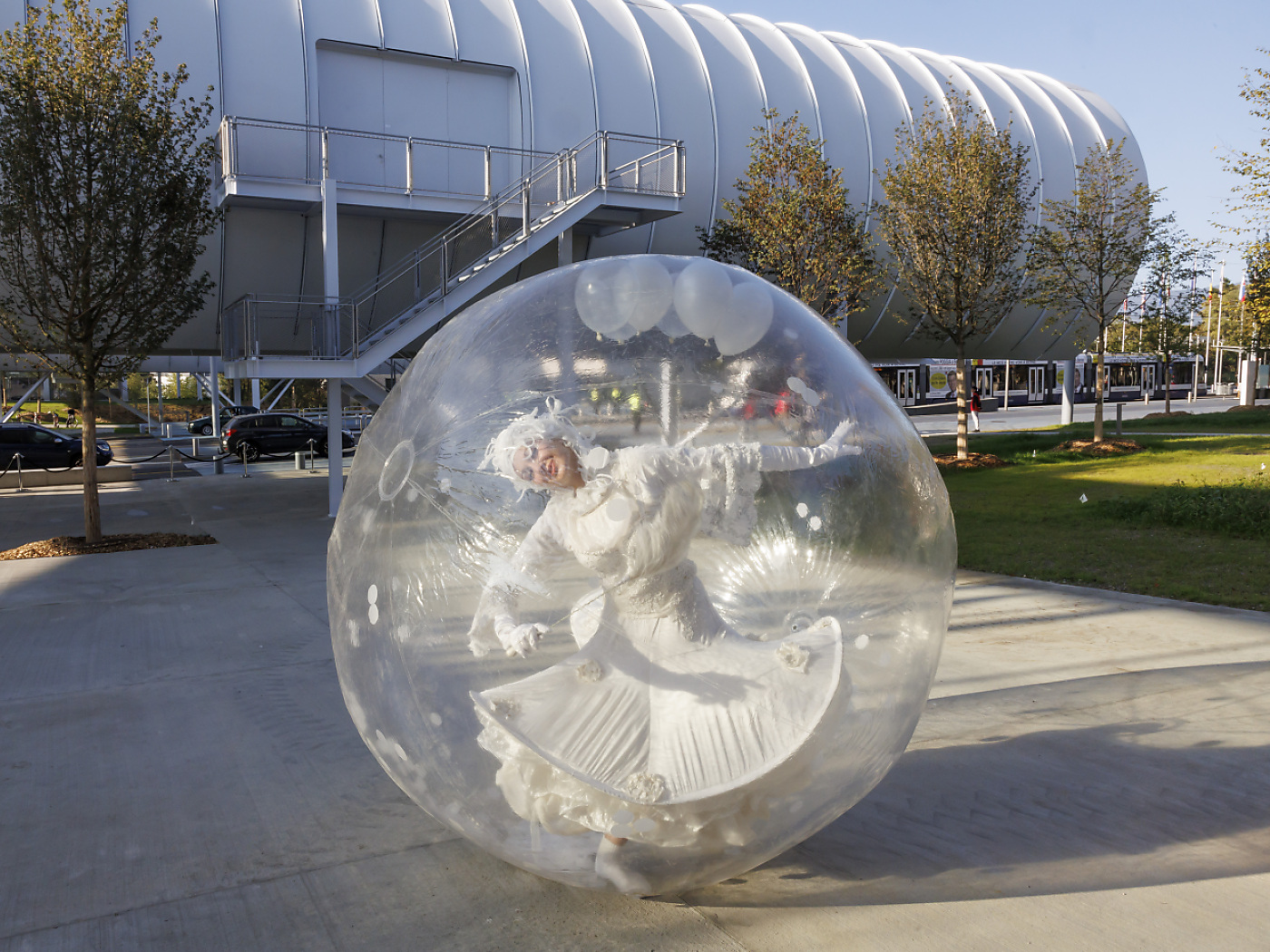
CERN ends cooperation with institutes from Russia and Belarus

The cooperation agreement between the Geneva-based European Organization for Nuclear Research (CERN) and Russia and Belarus will be terminated on Saturday, as previously announced. The move is a reaction to the Russian military invasion of Ukraine.
+Get the most important news from Switzerland in your inbox
Fewer than 350 scientists are currently affiliated with a Russian institute, and most of them do not even live in Geneva. The decision of the CERN member states concerns cooperation with Russian institutes, according to an inquiry by the Swiss News Agency Keystone-SDA. Relations with Russian scientists associated with CERN under other agreements will continue.
In response to the Russian invasion of Ukraine in February 2022, the 24 CERN member states decided in December 2023 to end cooperation with Russian research institutes. The decision had already been announced in March and June 2022.
+ CERN to expel 500 Russian scientists from November 30
CERN, which is celebrating its 70th anniversary this year, is a large-scale facility for basic physics research and is located near Geneva, partly on Swiss and partly on French soil. Research is conducted into the structure of matter with the help of large particle accelerators. CERN is also the birthplace of the World Wide Web.
Scientists from over 100 countries
With around 3,000 employees and an annual budget (2023) of CHF1.3 billion ($1.5 billion), CERN is the world’s largest research centre in the field of particle physics. According to Arnaud Marsollier from CERN, around 17,000 guest scientists from 110 countries work on experiments, although most of them work in laboratories at other institutes and in other countries.
Removing Russia from CERN ‘helps Putin’, scientists fear
The absence of scientists from institutes in Russia will be noticeable, said Marsollier. But CERN will be able to make up for this, he said. After all, Russia was never a member state, but had a special status as an observer state, meaning it did not contribute to the annual budget and had no decision-making rights. The number of scientists from Belarus was always small.
Translated from German by DeepL/ts
This news story has been written and carefully fact-checked by an external editorial team. At SWI swissinfo.ch we select the most relevant news for an international audience and use automatic translation tools such as DeepL to translate it into English. Providing you with automatically translated news gives us the time to write more in-depth articles.
If you want to know more about how we work, have a look here, if you want to learn more about how we use technology, click here, and if you have feedback on this news story please write to english@swissinfo.ch.

In compliance with the JTI standards
More: SWI swissinfo.ch certified by the Journalism Trust Initiative






























You can find an overview of ongoing debates with our journalists here . Please join us!
If you want to start a conversation about a topic raised in this article or want to report factual errors, email us at english@swissinfo.ch.